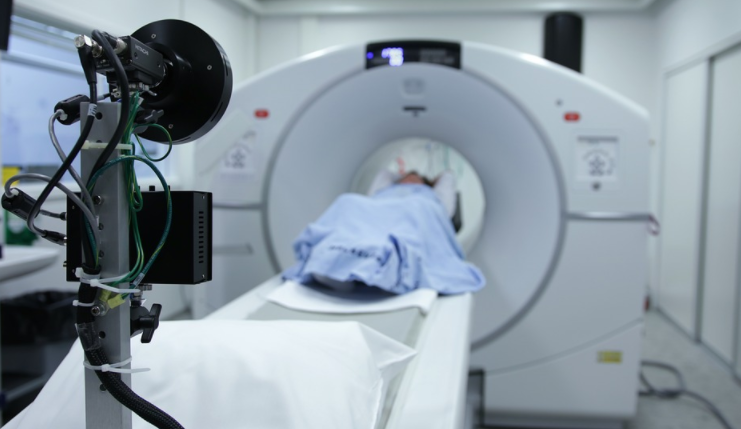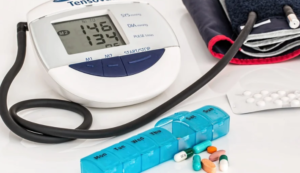Patient-centered technology, intelligent healthcare, both inside and outside the hospital walls, advanced and cost-effective healthcare tactics will be the new buzzwords this season. Hence, new technology will enable hospitals to benefit from HIPAA compliant texting.
Efficiently Secure Needed Information
 The possibilities of digital health technology are genuinely overwhelming. There are no limits to how these opportunities can be leveraged. Cybersecurity and data risk management continue to be at the forefront, especially as patients demand a more active role in the cost of their well-being and demand reliability and accessibility to their information. Cloud computing is expected to triple in the healthcare market. The ability to share information securely and efficiently is essential, and cloud providers are also excellent facilitators. The fiscal benefits of cloud computing could be significant, as cloud computing offers cost flexibility and the ability to reduce costs.
The possibilities of digital health technology are genuinely overwhelming. There are no limits to how these opportunities can be leveraged. Cybersecurity and data risk management continue to be at the forefront, especially as patients demand a more active role in the cost of their well-being and demand reliability and accessibility to their information. Cloud computing is expected to triple in the healthcare market. The ability to share information securely and efficiently is essential, and cloud providers are also excellent facilitators. The fiscal benefits of cloud computing could be significant, as cloud computing offers cost flexibility and the ability to reduce costs.
From an operational perspective, cloud providers provide scalability and the ability to adapt quickly to demands. Alternatives to the cloud can provide far better data protection and security for both consulting and healthcare systems. IoT to Overtake Healthcare According to predictions, IoT is reaching the launch stages and will be an overwhelming 75 billion devices by 2025. IoT can improve disease management, offer better treatment outcomes, more accurate data analytics, improve the patient experience, and reduce treatment costs.
Provide Intelligent Solutions
 Artificial intelligence is advancing AI, a self-executing growth engine in mHealth, which offers tremendous relief to global problems such as long-term chronic diseases, rising costs, often due to an aging population, and limited resources. AI and robotics have begun to define the “New Health” and will potentially provide intelligent solutions for both indications- and outcome-based health, with a focus on collaboration and prevention. Not surprisingly, blockchain technology offers exceptional opportunities to reduce complexity, enable reliable collaboration, and create secure, immutable information. The bottom line physicians and healthcare providers must take advantage of these digital technology trends to provide more personalized care and improve the patient experience.
Artificial intelligence is advancing AI, a self-executing growth engine in mHealth, which offers tremendous relief to global problems such as long-term chronic diseases, rising costs, often due to an aging population, and limited resources. AI and robotics have begun to define the “New Health” and will potentially provide intelligent solutions for both indications- and outcome-based health, with a focus on collaboration and prevention. Not surprisingly, blockchain technology offers exceptional opportunities to reduce complexity, enable reliable collaboration, and create secure, immutable information. The bottom line physicians and healthcare providers must take advantage of these digital technology trends to provide more personalized care and improve the patient experience.
Over the past decade, the business world has learned some hard lessons about the need to preserve mission-critical data. The time it takes to back up your computer daily and hourly is no longer considered a waste but time well spent. Once computer vendors had to assert the benefits of off-site storage, today enterprise customers want that backup service. These courses have also been heard in healthcare. Still, for reasons inexplicable to all the men and women who routinely use the systems, this security and redundancy level does not extend to the most critical of healthcare consultations, patient history.



